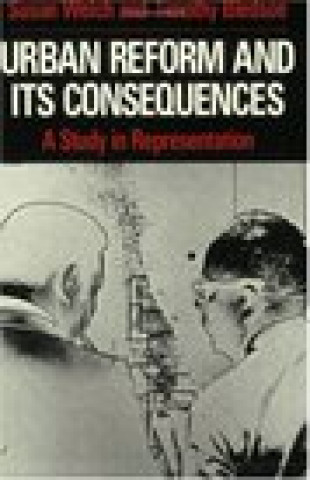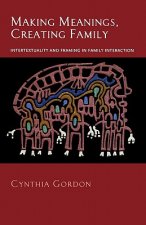
Kézbesítés
Vásárlási tanácsadó





Nem vált be? Semmi gond! Nálunk 30 napon belül visszaküldheti
 Ajándékutalvány
bármilyen értékben
Ajándékutalvány
bármilyen értékben
Ajándékutalvánnyal nem nyúlhat mellé. A megajándékozott az ajándékutalványért bármit választhat kínálatunkból.
Urban Reform and Its Consequences
 Angol
Angol
 89 b
89 b
30 nap a termék visszaküldésére
Ezt is ajánljuk


Throughout this century, reformers have fought to eliminate party control of city politics. As a result, the majority of American cities today elect council members in at-large and nonpartisan elections. This result of the turn-of-the-century Progressive movement, which worked for election rules that eliminated the power of the urban machine and the working class on which it was based, is today still a subject of lively debate. For example, in the mid-1980s, regular Democrats in Chicago sought to institute a nonpartisan mayoral election. Supporters thought that reform would make the electoral process more democratic, while opponents charged that it was meant to dilute the voting powers of blacks. Clearly, the effect of urban reform remains an important issue for scholars and politicians alike. Susan Welch and Timothy Bledsoe clarify a portion of the debate by investigating how election structures affect candidates and the nature of representation. They examine the different effects of district versus at-large elections and of partisan versus nonpartisan elections. Who gets elected? Are representatives' socioeconomic status and party affiliation related to election form? Are election structures related to how those who are elected approach their jobs? Do they see themselves as representatives concerned with the good of the city as a whole? "Urban Reform and Its Consequences" reports an unprecedented wealth of data drawn from a sample of nearly 1,000 council members and communities with populations between 50,000 and 1 million across 42 states. The sample includes communities that use a variety of election procedures. This study is therefore the most comprehensive and accurate to date. Welch and Bledsoe conclude that nonpartisan and at-large elections do give city councils a more middle- and upper-middle-class character and have changed the way representatives view their jobs. Reform measures have not, however, produced councils that are significantly more conservative or more prone to conflict. Overall, the authors conclude that partisan and district elections are more likely to represent the whole community and to make the council more accountable to the electorate.
Információ a könyvről
 Angol
Angol




 Hogyan vásároljunk
Hogyan vásároljunk






















